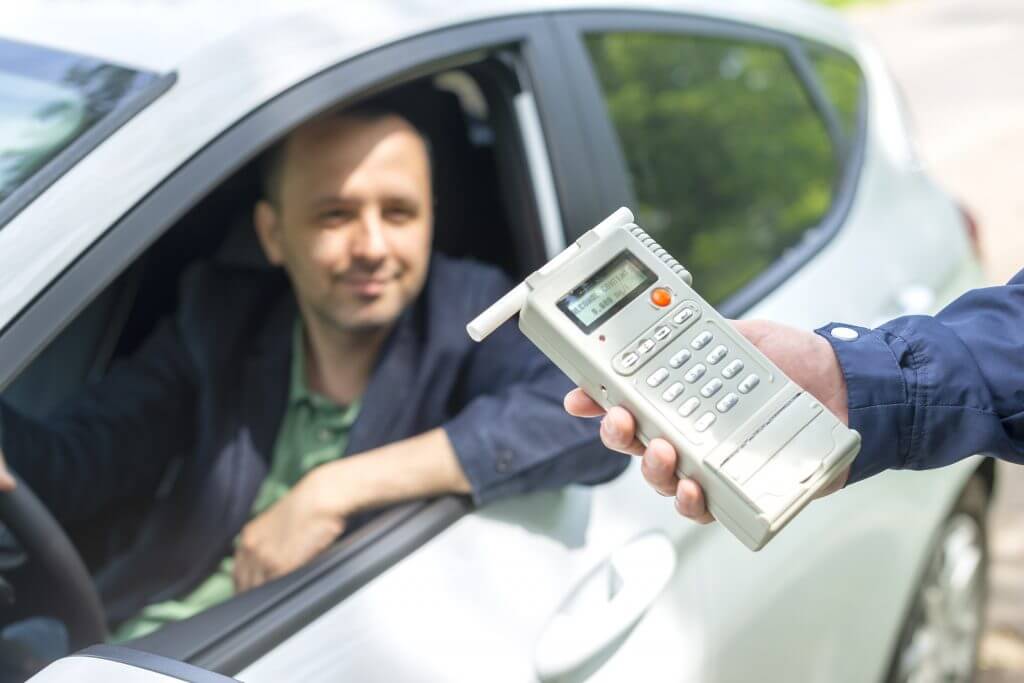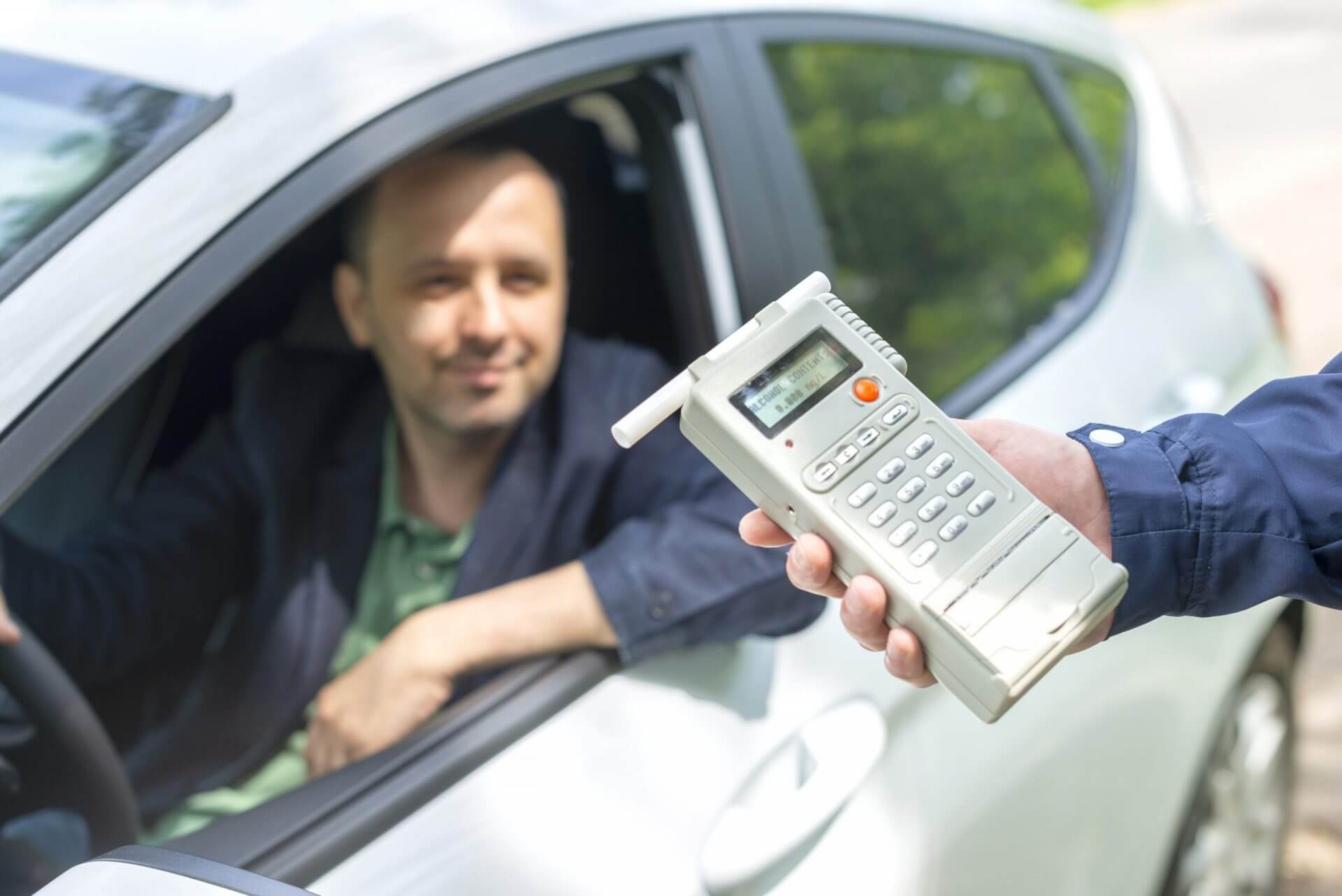
In America, driving with a blood-alcohol content (BAC) over the legal limit of 0.08 is a crime that comes with a variety of consequences, including jail time, probation, and fines. Some states allow police officers to set up roadblocks and checkpoints to enforce this law, while others have outlawed the practice. Many Texans wonder whether or not this method of arresting intoxicated drivers is legal, and even questioning whether or not it’s constitutional. Here’s everything you need to know about sobriety roadblocks and checkpoints in Texas.
Sobriety Roadblocks and Checkpoints in Texas
Sobriety roadblocks are generally defined as areas blocked off by the police so they can test every driver who passes through. Sobriety checkpoints are places where officers are stationed to test drivers based on a pre-selected numeric value (such as every five vehicles).
There are twelve states in the country which have outlawed sobriety checkpoints and roadblocks, including Texas. The practice isn’t specifically outlawed in the Texas penal code, but it was ruled to be a violation of the 4th amendment in a 1991 court case. The same ruling stipulated that roadblocks can only be used if guidelines are established by Texas Legislature.
Implied Consent
One important thing to know about DWI law is that Texas police officers operate under the concept of implied consent. This means that, by driving on Texas roads, you are consenting to be pulled over for sobriety testing at any time. You do not have to consent to being tested, and you can’t be involuntarily tested except in a handful of rare situations. However, your refusal to undergo a sobriety test can result in a license suspension and is also admissible as evidence in your trial.
Are DWI Roadblocks and Checkpoints Constitutional?
In the 1991 court case mentioned earlier, sobriety checkpoints were ruled to be a violation of the defendant’s 4th amendment rights, which include safety from unwarranted searches and seizures. This ruling has been challenged by many Texas lawmakers and lobbyists, but there’s no telling if or when it will be reversed in a new court case.
If you’re being charged with a DWI and you feel you were tested at an unconstitutional checkpoint or roadblock in Texas, get in touch with a DWI defense lawyer right away. Instead of refusing to undergo sobriety tests, politely ask to talk to your DWI defense attorney. A DWI defense attorney will make sure your rights were respected at the time of your arrest, and they’ll be able to prove the unconstitutional nature of your arrest if a checkpoint was used.
Arrested on A DWI? Delta Bail Bonds can Help
If you or a loved one has been arrested, you should hire a bail bond agency to post bail for you. Delta Bail Bonds is available 24/7 to post bail anywhere in the country, and our experienced bail bondsmen will tell you everything you need to know about how to navigate the legal process with ease. We’re willing to accept payment plans or collateral if you can’t afford to pay your entire bail, and we get to work as soon as possible to get you out of jail fast. Call or visit our website to get in touch with an experienced bail bondsman today!






